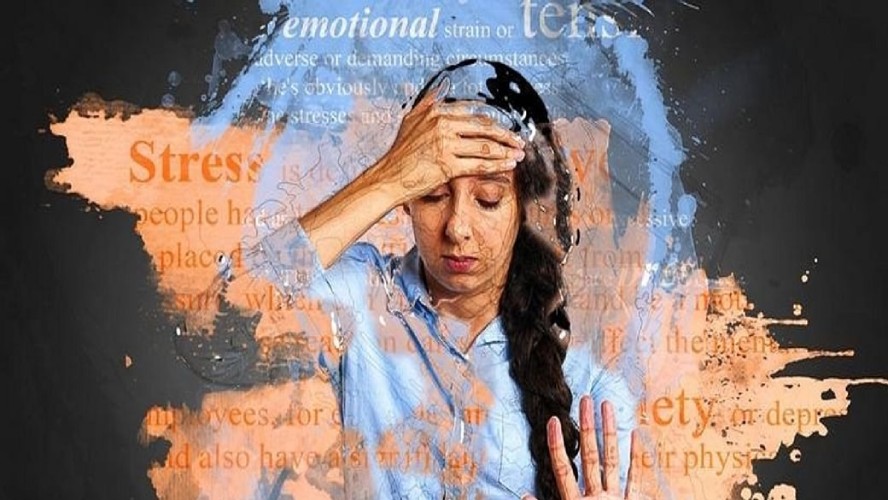
Nightmares In Heart Patients Linked With Anxiety And Insomnia
Heart patients experiencing nightmares are five times more likely to feel anxious or depressed and are more likely to face trouble sleeping than those without frequent nightmares. A study published in the European Journal of Cardiovascular Nursing (a journal of the European Society of Cardiology – ESC) arrived at this conclusion.
Dr. Kohno, a researcher, said that healthcare professionals need to ask their patients if they have bad dreams as a warning sign for anxiety, depression, or difficulty sleeping. Psychological disorders and insomnia often have a close connection with the development and progression of heart disease. Unsettling dreams could be a clue that patients might require an extra prevention effort.
Study author Dr. Takashi Koho of Keio University School of Medicine, Tokyo Japan, added that the study also indicated a strong association between anxiety, depression, insomnia, and nightmares in heart disease patients. The research only shows the relationship between these conditions; it has not determined the cause-effect relationship. It may be bidirectional. In other words, anxiety, insomnia, and depression may cause nightmares. Nightmares could lead to insomnia, depression, and anxiety.
Previous research has shown that recurring nightmares affect sleep and psychological disorders in the general population. It was the first study to probe this relationship between unsettling dreams and mental issues with heart diseases. It also studied whether heart medications have any connection with unpleasant dreams.
This study included 1,233 people having various heart disease admitted to Keio University Hospital. The average patient age in this study was 64 years, and about 25% were women. The researchers assessed nightmares, sleep, and psychological characteristics with a self-reported questionnaire. They measured the sleep-disordered breathing (a condition in which breathing stops and starts during sleep) using overnight plus oximetry (the measure blood’s oxygen levels).
Almost 15% of patients had at least one nightmare a month, and nearly 3.6% had experienced at least one unpleasant dream per week. The research found women experience more frequent nightmares than men. About 45.9% of patients reported having insomnia, 18.5% experienced depression, 16.9% faced anxiety, and 28% reported having sleep-disordered breathing.
Researchers didn’t find a link between frequent nightmares and heart medication, and sleep-disordered breathing. However, there is a connection between unpleasant dreams, insomnia, depression, and anxiety.
The data suggested that patients with weekly nightmares are five times more likely to get depressed and anxious. These people are also seven times more likely to have insomnia.
Dr. Kohno said that the frequency and prevalence of nightmares in the general population are similar to heart patients’ experience in the study. The study showed that women are significantly more likely than men to have persistent unpleasant dreams in people with heart diseases. It also corroborates the findings in the general public. The connection of nightmares with depression, anxiety, insomnia, and other psychological disorders is also present in healthy people, suggesting that these connections could be universal, irrespective of heart disease.
The study’s author concluded that nightmares might serve as an alert for underlying psychological or sleep problems that need addressing to avoid new or worsening heart problems. Healthcare professionals need to include a question about unpleasant dreams in their assessments.
